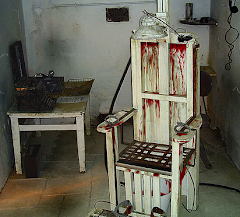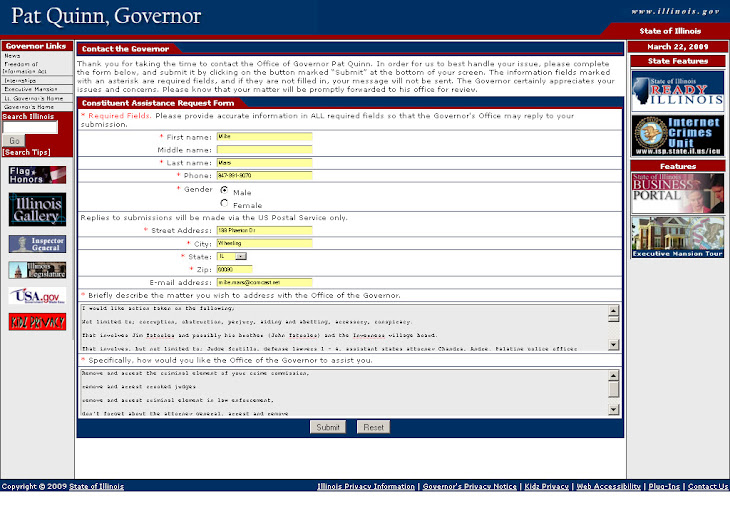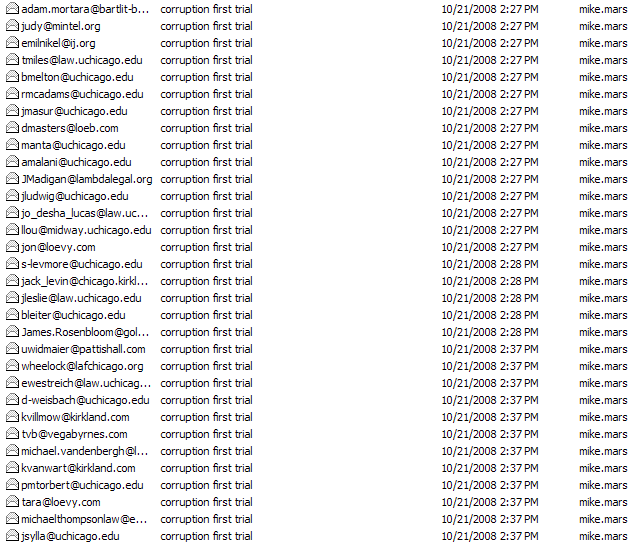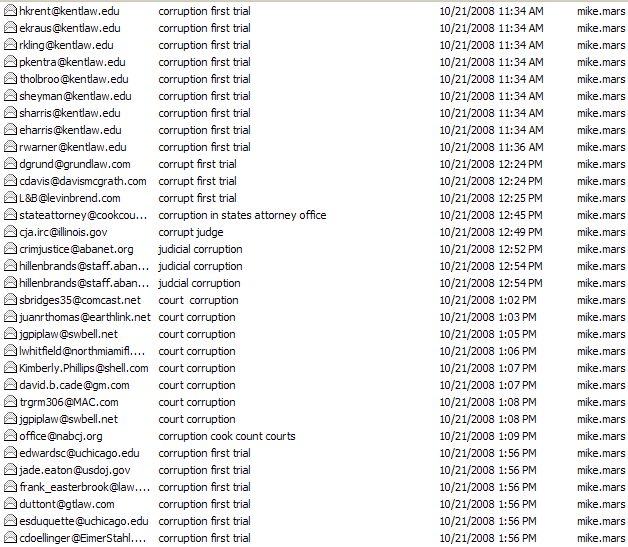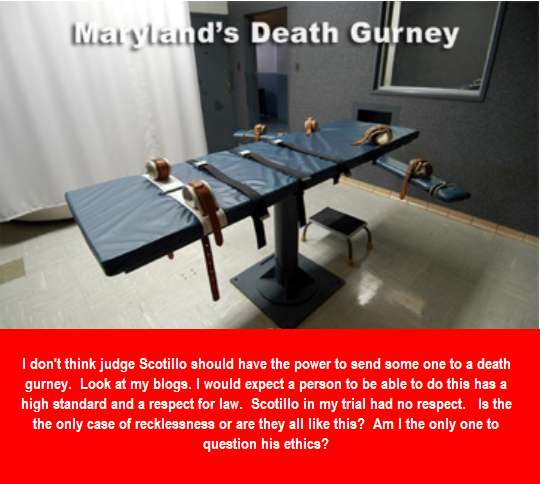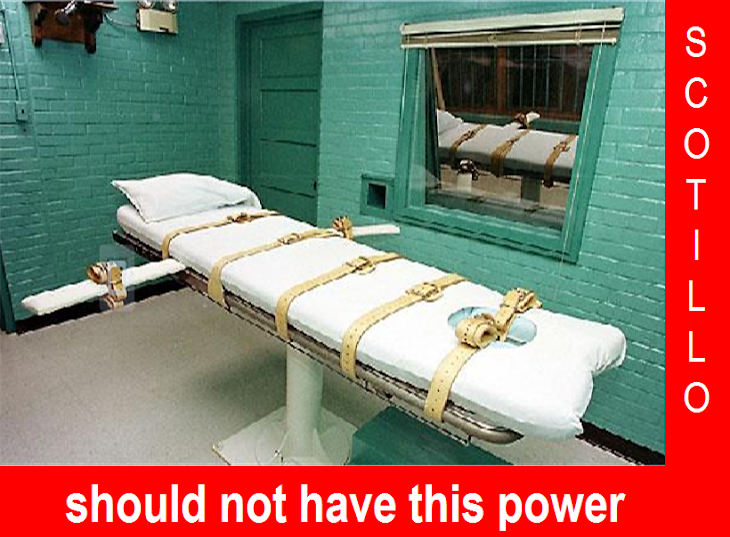Among the many ways justice can be frustrated, even corrupted, prosecutorial misconduct ranks among the worst. Not only can it send innocent defendants to prison, but it robs the system of something fundamental -- public trust.
That's what transpired in the conviction last fall of Ted Stevens, then a Republican U.S. Senator from Alaska, and led U.S. Attorney General Eric Holder to ask last week that the conviction be tossed out.
But that's not enough. The Bush Justice Department prosecutors who withheld evidence from Stevens' attorneys that might have exonerated him must be called to account.
This is not a case where prosecutors can credibly claim an innocent mistake or oversight. The evidence withheld involved interview statements by the prosecution's key witness against Stevens that differed sharply from his sworn testimony at trial.
It was classic cross-examination material -- and Justice Department lawyers made sure Stevens lawyers never heard it.
From the start, the prosecutors' conduct seems unprofessional, even reprehensible. Federal Judge Emmet G. Sullivan repeatedly chastised them for hiding potentially exculpatory information. At one point, he almost declared a mistrial, and later cited two prosecutors for contempt for refusing to deliver documents he had demanded.
Few public officials possess more power for good or evil than prosecutors -- county, state or federal. A prosecutor can, as the cliche has it, "indict a ham sandwich."
At the same time, the office is regularly a stepping stone to promotions or even to higher elective office, and thus carries the temptation to amass a conviction record, even at a cost to defendant's rights. Something like that seems to have driven Stevens' prosecutors.
Holder has promised a full examination of the Stevens prosecutors' conduct, presumably with prosecution if warranted. Nothing less will do. http://blog.nj.com/njv_editorial_page/2009/04/in_sen_ted_stevens_case_justic.html

